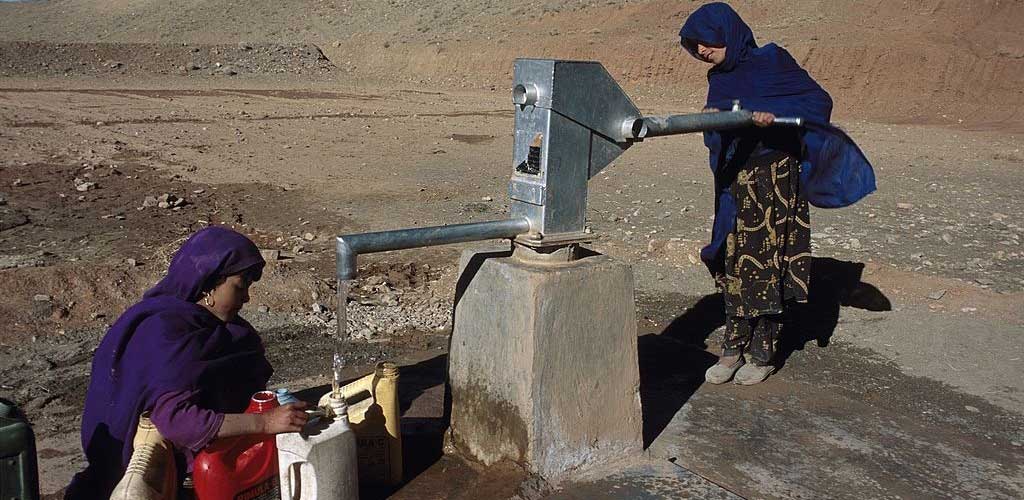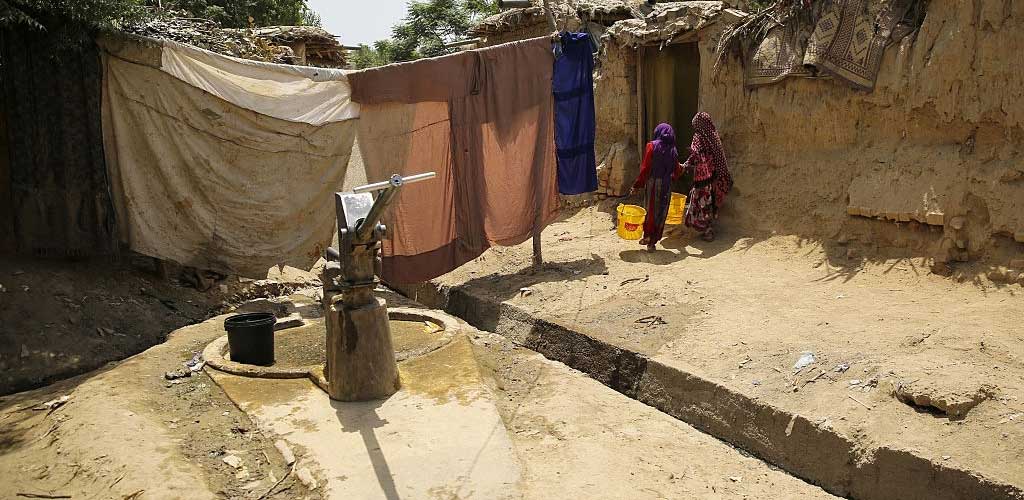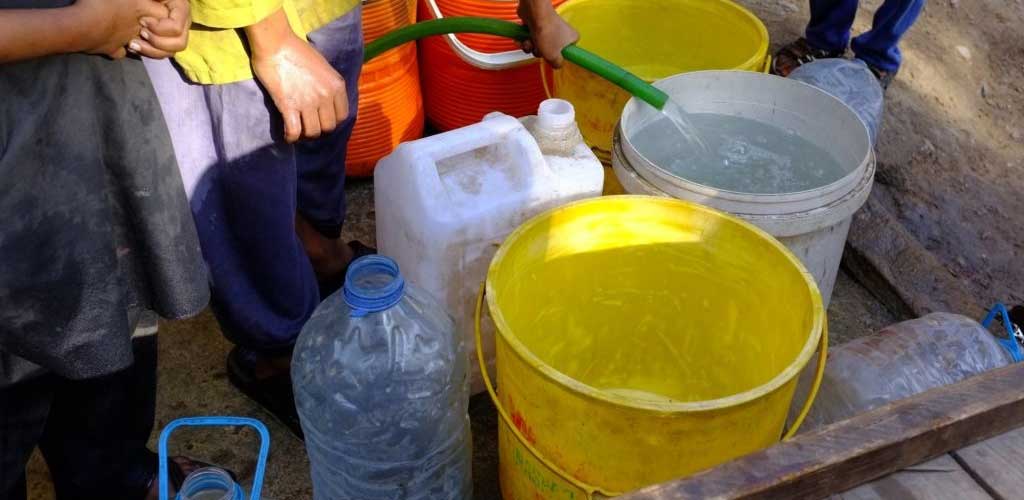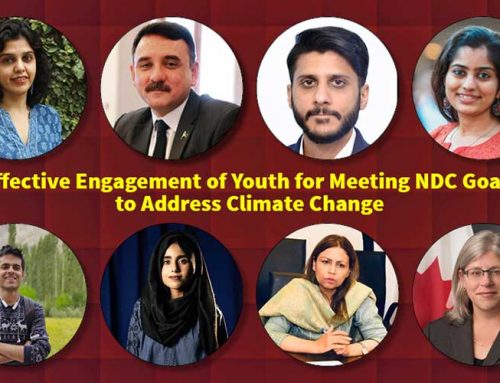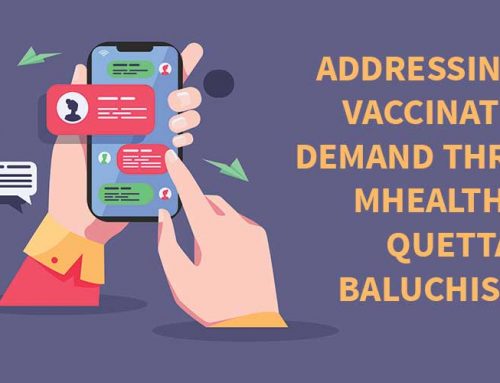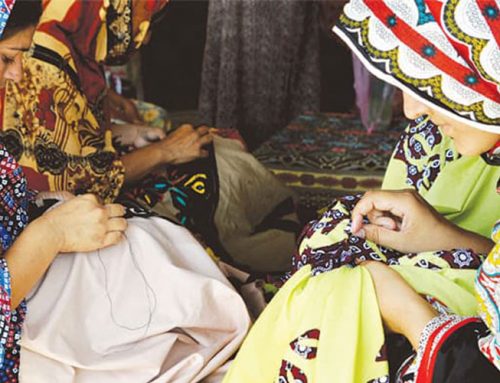Project Description
Lack of access to safe water leads to a number of health and hygiene issues that keeps life on threats. Therefore, keeping in view fewer opportunities with the communities having access to clean drinking water, Muslim Charity with the funding from Penny Appeal executed a project titled “Safe Water Pakistan” in Balochistan, Punjab and Sindh Provinces.
The project had three main objectives, included; (i) To ensure provision of safe drinking water facilities (water hand pumps) in the hard to reach and poor households of the community; (ii) To promote health and hygiene practices through trainings of beneficiaries; and (iii) To enhance the capacity of Muslim charity partner’s NGOs for installation of water facilities to regulate water quality. Project stakeholders included Muslim Charity’s programme staff, implementing partners (local NGOs), government officials and project beneficiaries/community.
The project outputs included the installation of 1200 hand pumps in the 23 targeted UCs across Balochistan, Punjab and Sindh. Alongside installations of hand pumps, 125 training workshops on health and hygiene were conducted for the beneficiaries in order to sensitize them about their health and hygiene practices, behaviors and ensuring safe water consumption.
The findings of the project evaluation suggest that the communities were facing challenges keeping in view the availability of and access to safe drinking water, these challenges included extreme poverty and lack of resources to be spent on acquiring access to water sources (95% respondents); distantly located water sources posing a challenge of timely water acquisition (40% respondents), bad quality of distantly located water (65% respondents) and the existence of many water-borne diseases like diarrhea, gastric problems etc. (91% respondents). Hence in the presence of such challenges, the project intervention related to installation of handpumps was extremely relevant.
Due to lack of awareness and overall lower literacy rates, the communities were not demonstrating required health and hygiene behaviours. Muslim Charity introduced training sessions on health and hygiene. All respondents i.e. 100% rated health and hygiene sessions as “highly relevant” intervention.
Muslim Charity has been working with the project IPs for the last 5 to 6 years and over the course of time, several managerial aspects of the IPs were rigorously addressed by the Muslim Charity Staff, so they were gradually capacitated through informal way also.
Specific criterion was devised for selection of the beneficiaries and the sites which was a key enabler in achieving the planned targets. IPs’ staff devotion has been one of the core reasons for a high level of project efficiency instead of short period of time for project completion. Similarly, due to adoption of proper technically acceptable and viable procedure for installation of hand pumps was a contributing factor for making the project more efficient. All the handpumps visited during evaluation process were found functional and the water quality was suggested as “clean and drinkable”. Extreme quality measures were taken into consideration for the equipment related to handpumps and washing pads. A large number of the respondents i.e. 75% rated quality of hand pumps as “Excellent”. This aspect included the quality of the material used by the vendor and overall performance of the vendor for installation of the hand pumps. Therefore, the output has been quite efficient. Similarly, quality of the washings pads was rated as “excellent” by 94% of the respondents.
Rigorous planning process for all the three interventions supported the effectiveness of the project. Monitoring and the roles played by all the stakeholders were key enablers in ensuring the deliverables of the project. VDCs and WMCs play their roles effectively and contributed its due share towards achievement of the targeted activities of the project. Innovation under this project included tree plantation and kitchen gardening which could be more effective if some financial resources could be allocated for these.
The project had a lasting impact on fulfilling the community need for access to safe water for personal and household consumption. Availability of water has impacted the personal health and hygiene of the local community also. Installation of hand pumps and organization of training sessions on health and hygiene by Muslim Charity and its IPs contributed enormously in raising awareness about the importance of health and hygiene. Awareness and capacity of WMC members has also played its role in seeking and establishing linkage with the local governance tier at the district level.
The main lessons learnt under the implementation of the Safe Water Project include:
- Communities’ ownership is necessary for the success of a not for profit project.
- Onboarding of stakeholders from the local governance tier and orientation of line departments regarding project objectives, implementation mechanism and requisites can be very helpful in planning and implementation of the project activities in a timely manner.
- Existence of planning procedures, processes for construction, maintenance, applicable standards and formats can improve the delivery of infrastructure-oriented project.
- Time duration should be addressed to avoid any scheduling related impediments to ensure smooth implementation of the project activities.
- Human Resource cost allocation in the project design can improve the project quality.
- Standard design for construction of premises and installation of handpumps is a progressive approach.
- Use of indigenous IEC material can improve the communication and behavioral change w-r-t the health and hygiene among the community members.
- Partners’ institutional capacity mapping is very important before planning to address the capacity development areas.
- Overall, challenge associate with the governmental procedures can result in delayed approvals of the projects for issuance of NOCs. The local and provincial government authorities check the credibility of the donor agencies for granting NOCs, however, in this case, since Muslim Charity does not have existence in Pakistan, so it was very difficult for the IPs to convince the authorities for issuance of NOCs.
Based upon the overall evaluation findings and lessons learnt, it is recommended that:
- Muslim Charity and Penny Appeal’s Pakistan Chapters must register in Pakistan in order to avoid conditionalities for NOCs in the future.
- Time duration was very short for hand pump installation and other activities. 100% IPs recommended to increase the time duration of the project in the future.
- There should be more financial resources with long term programme approach instead of short duration projects in order to have greater impact on the lives of the beneficiaries.
- There must be HR cost in the funds, so that experienced and qualified staff could be hired for the project activities.
- There should be formal trainings for capacity building of IPs and learning experiences sharing or lessons learnt workshops and interprovincial exposure visits of the IPs so that they could learn from each other’s experiences.
- VDCs/WMCs should be strengthened and their capacity should be built so that they could perform better for implementation of the project as well as playing their leadership role in the communities.
- Number of hand pumps should be increased for carpet coverage of the whole UC, so that IPs may consider other areas instead of repeating their efforts in the same community during the next project.
- Toolkits must be provided to the all the beneficiaries or Water Management Committees for proper maintenance of the hand pumps.
- Washings pads should be made inclusive so that persons with disabilities may also use this.
- Individual assessment and measurement for the proper waste water management should be done before installation and on the basis of each location’s need, the vendor should be asked to quote the prices, in this case the aspect of improper waste management could be solved.
- The field facilitators should be properly trained in mobilizing the communities and to deliver training sessions on health and hygiene.
- The communities demanded technical and vocational skills for their youth, and training in livestock.
- Communities demanded that they need training on basic first aid techniques so that precious lives of the people can be saved in case of emergency.
- It has been observed that there is 95% open defecation practice in all the project areas. The communities also demanded washrooms in their houses in order to eliminate open defecation.
- Collaboration and cooperation among stakeholders should be strengthened and government line departments should also be engaged more. They should also be invited in the lessons learned workshops.
- Local government authorities should have up-to-date mapping of the areas regarding water issues.

